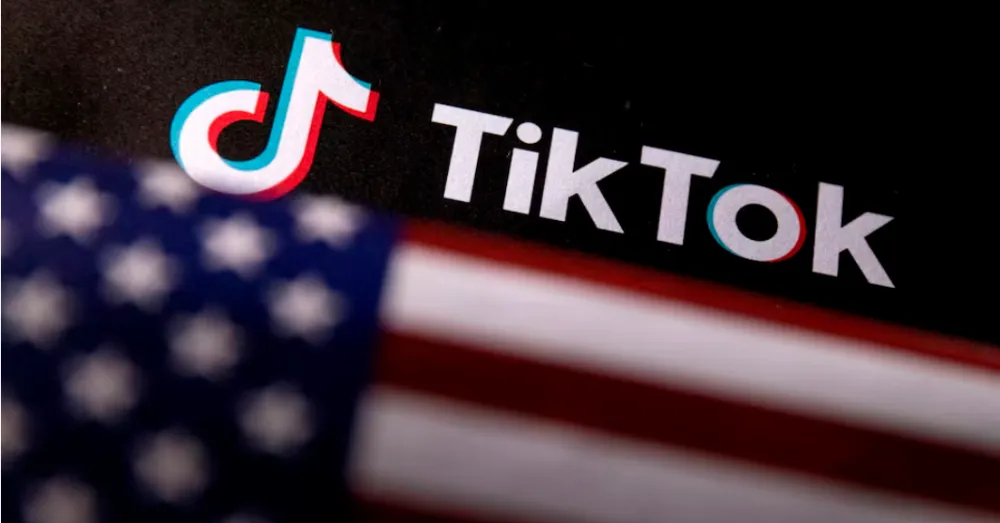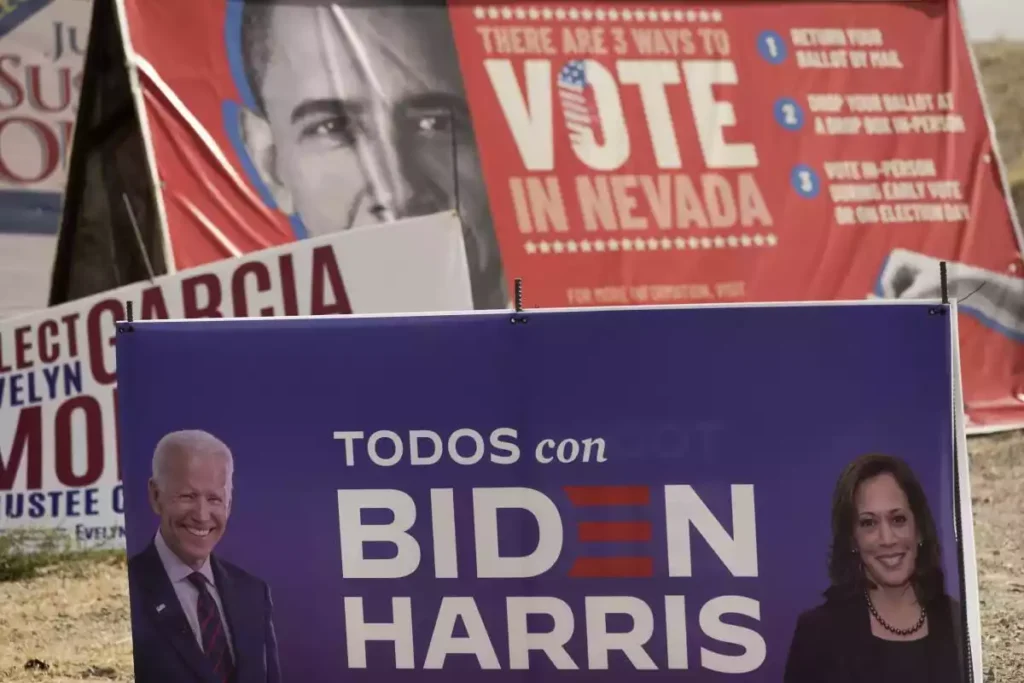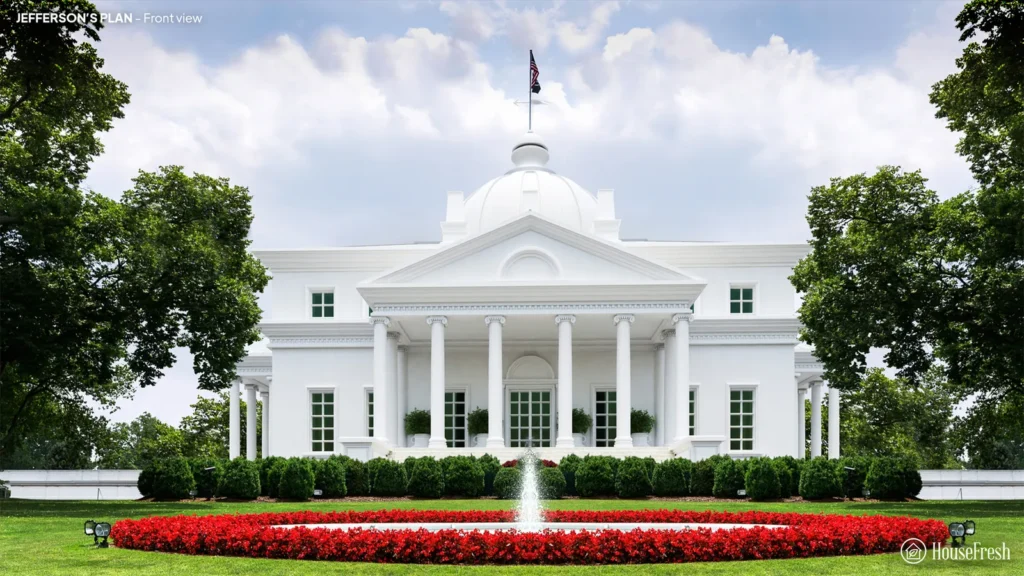Approved the law that will allow TikTok to be blocked in the United States
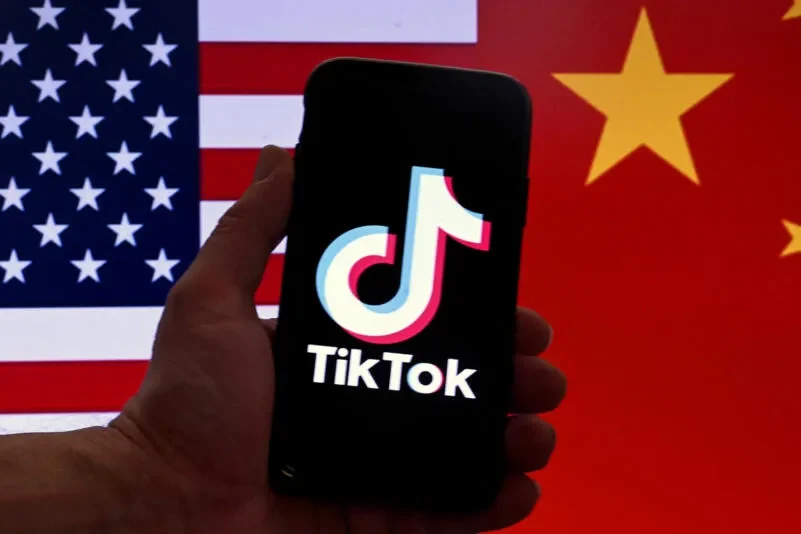
The Senate has approved the law that will allow TikTok to be blocked in the United States amid the presidential campaign and harsh criticism of Joe Biden’s administration for the decision.
The plan to block TikTok in the United States is still on track, and Biden signed the bill into law so that it can begin to be implemented now.
The social network, in the hands of the Chinese company ByteDance, is now facing a situation it has not experienced since the times of Donald Trump, who also decided to block them.
It should be noted that the plan to block TikTok in the United States includes 270 days to sell TikTok to an American company.
Although initially proposed 180 days, the law establishes a period of 270 days (nine months) for ByteDance to sell TikTok to a U.S. company.
Otherwise, they will have to block TikTok in the U.S. by both app stores and service providers.
The law to block TikTok in the United States has been passed within a series of unrelated measures such as military aid to Ukraine, Israel and Taiwan.
It passed with strong support, with 79 votes in favor and only 18 against. Once it reached President Biden’s hands, he signed it so that the countdown was activated.
READ HERE: NAVIGATING TRUTH SOCIAL: TIPS AND TRICKS FOR NEW USERS.
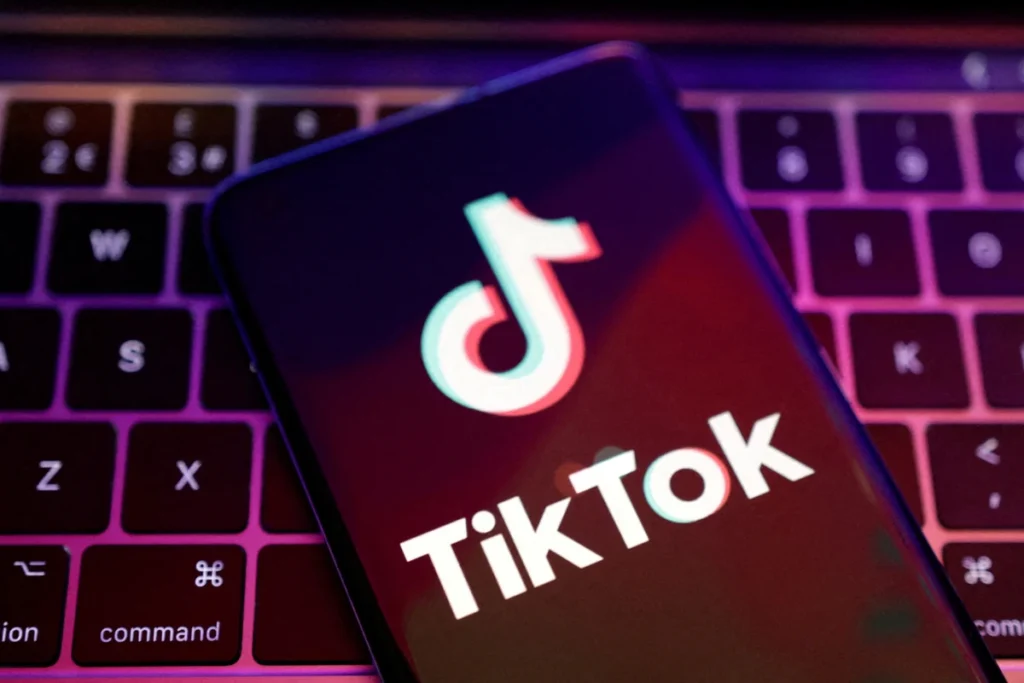
Approved the law that will allow TikTok to be blocked in the United States: Panorama
TikTok is used by millions of young Americans. Some 170 million users in the United States, according to data from the application itself.
The nine months are not definitive. The law provides for a grace period extendable by President Biden for an additional three months, if it is observed that ByteDance is moving in the right direction.
By January 2025, TikTok in the United States should be in the hands of a U.S. company. However, it could be as late as April 2025 if ByteDance cooperates.
In this regard, Shou Chew, CEO of TikTok, explained in the Senate that he will continue to “fight to defend his legal rights”.
With regard to the company’s employees, TikTok’s executives defend that this is “the beginning and not the end”.
On the ban, they say that the First Amendment defends their freedom of speech. A potential lawsuit by TikTok could leave the ban in legal limbo and extend the case over time for years.
That is, if the U.S. courts were to admit the case.
TikTok insists on its global character. According to TikTok, 60% of the investments in ByteDance are from international firms and not linked to China.
With this information they defend that they do not work for the Chinese government or any other country.
But despite the order to block TikTok in the United States, the company has some reason to believe it will come out on top.
In 2020, it survived a similar order from then-president, Republican tycoon Donald Trump.
TikTok filed an appeal challenging the ban and a federal judge temporarily blocked Trump’s attempt, saying the reasons for banning the app were likely overblown then and that the right to free speech was in jeopardy.
Opponents of TikTok point out that the Chinese company ByteDance, which owns the app, gives Beijing a dangerous amount of influence over the type of speech Americans watch, as well as possible access to U.S. consumer data.
Chinese national security laws give the Communist Party wide leeway over private companies.
